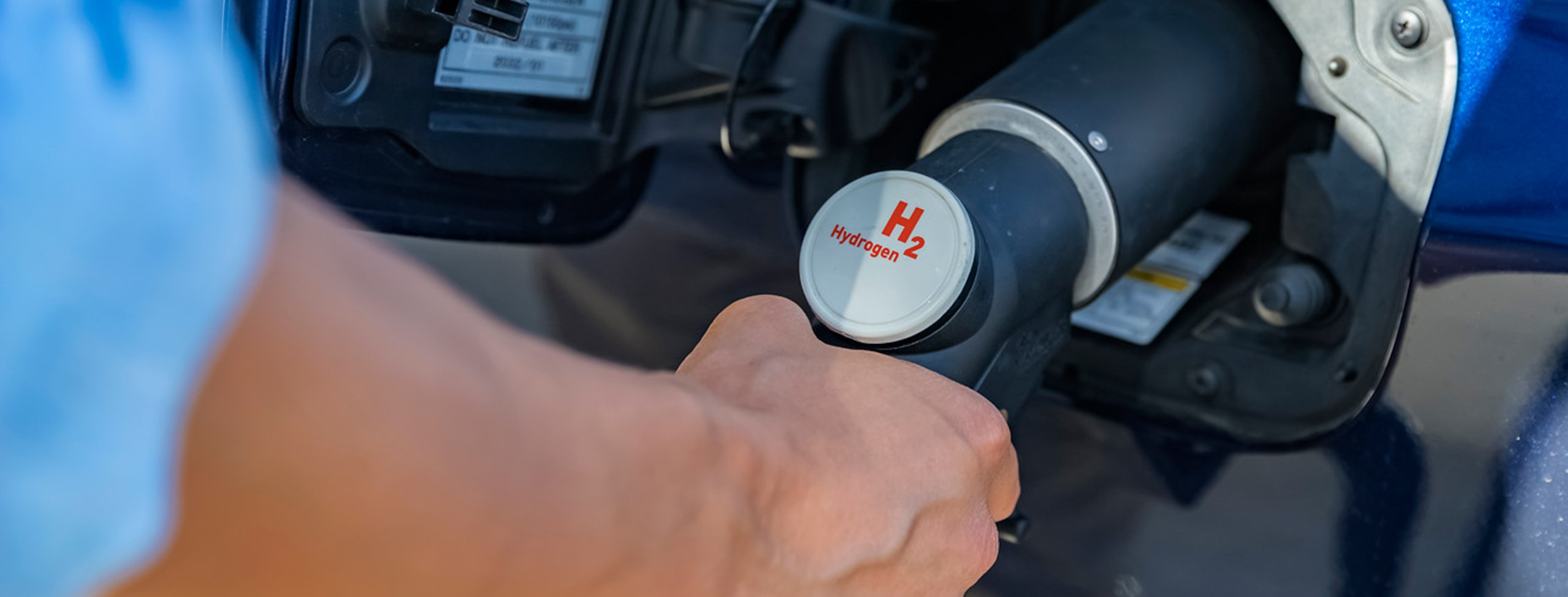
6 March 2023 • 6 minute read
FHWA finalizes new standards and requirements for electric vehicle chargers
The Federal Highway Administration (FHWA) recently published a final rule, National Electric Vehicle Infrastructure Standards and Requirements (the EV Chargers Rule). The Rule establishes new minimum standards and regulatory requirements for light-duty electric vehicle (EV) chargers, equipment, and related facilities and services funded under the National Electric Vehicle Infrastructure (NEVI) Formula Program and other federal funding for highways and EV charging infrastructure.
The EV Chargers Rule will shape the expenditure of billions of federal dollars allocated for EV charging stations and related infrastructure, including those authorized by the Infrastructure Investment and Jobs Act (IIJA). Aiming to create a “user-friendly, reliable, and accessible” national EV charging network, the new regulations are part of the Biden Administration’s multi-pronged initiative to achieve its US climate and clean transportation goals. Those goals include building 500,000 new EV chargers and making electric-powered vehicles 50% of new vehicles sold in the US by 2030.
The EV Chargers Rule includes new regulations and standards for construction, design, operations, and management of EV charging infrastructure projects that receive federal funding. Those standards and regulations will affect charging equipment manufacturers, suppliers, installers, service providers, owners, investors, and other interested parties.
Minimum requirements and standards
The IIJA requires FHWA to develop minimum standards and requirements for federally funded EV chargers in six general areas, each of which is addressed by the EV Chargers Rule:
- EV installation, operation, and maintenance: Charging stations will be “required to contain a minimum number of ports, types of connectors, payment methods, and requirements for customer support services.” This standardization and uniformity is intended to provide a reliable experience for users and facilitate ongoing maintenance of the chargers.
- Interoperability: Chargers will be required to send and receive certain information from EVs, chargers, and charger networks consistent with Open Charge Point Interface and certain other international standards (e.g., ISO 15118). This is intended to promote standardization and interoperability while encouraging competition in EV charger and charging stations markets.
- Traffic control and signage: Charging stations must incorporate on-premise signs that comport with the FHWA’s Manual on Uniform Traffic Control Devices for Streets and Highways and Highway Beautification regulations.
- Data sharing: Federally funded EV charging infrastructure projects will be required to submit data and reports quarterly and annually, including information regarding station use, reliability, and cost. This information will be compiled and stored in a nationwide database for reference by FHWA, other federal agencies, and the public.
- Connectivity and cybersecurity: The EV Chargers Rule sets connectivity requirements for chargers and charger networks to enable “remote monitoring, diagnostics, control, and updates.” The FHWA intends to use this functionality to address cybersecurity concerns and to enable switching between charging providers to mitigate the risk of abandoned or unusable assets.
- Public-facing information: States and other federal funding recipients must develop and publish consumer information, such as charger locations, real-time availability, and charging prices.
Connector type
Significantly, the final rule requires all charging connectors to provide Combined Charging System (CCS) Type 1 connectors meeting applicable industry standards. In particular, each direct current fast charger (DCFC) port must be capable of charging any CCS compliant vehicle using a CCS Type 1 connector. The Rule also allows other additional non-proprietary connectors (such as North American Charging Standards connectors), so long as the DCFC port also includes at least one permanently attached CCS Type 1 connector.
Build America, Buy America
The FHWA’s statutory authority for funding programs under Title 23 of the U.S. Code includes Buy America(n) requirements for steel, iron and manufactured products. In addition, the IIJA also contains "Build America, Buy America" (BABA) requirements for iron, steel, manufactured products, and construction materials used in projects receiving federal funding. To expedite deployment of new EV chargers and infrastructure, in August 2022 FHWA proposed a temporary “public interest” waiver of some of those requirements for EV charging projects.
On February 21, 2023, FHWA issued a temporary waiver of Buy America and BABA’s domestic content requirements, creating a two-phase transition period for EV charger and equipment manufacturers, effective March 23, 2023. First, the waiver largely suspends domestic content requirements for steel, iron, manufactured products, and construction materials until July 1, 2024 – except with respect to EV charger housing components that are predominantly steel and iron. In the second phase of the waiver, for EV chargers manufactured on or after July 1, 2024, the cost of components manufactured in the U.S. must compromise at least 55% of the total cost of charger components. In both phases, charger housing components remain subject to Buy American domestic steel and iron requirements. The temporary waiver also does not suspend BABA’s final-assembly-in-the-US requirements. FHWA has committed to reviewing whether there is continued need for the waiver within 5 years.
Medium and heavy-duty EV charging
The EV Chargers Rule does not provide standards for medium or heavy-duty EV chargers and infrastructure. It notes that the charging technologies for these classes of vehicles are still in early development stages. Aside from those technological hurdles, long-haul trucking charging infrastructure likely will require substantial electric power capacity, including additional transmission infrastructure, potentially additional power generation, and individual substations for large (megawatt) EV chargers. These anticipated needs and challenges are not addressed by the EV Chargers Rule.
Outlook
The EV Chargers Rule established requirements for EV charging equipment, infrastructure, and service providers seeking to qualify for a share of the billions of dollars allocated for those purposes under the NEVI Formula Program and other funding programs for highways and EV charging infrastructure. The Rule seeks to balance requirements to encourage US domestic production and content with the interests of expeditious EV charger deployment. The Rule further aims to establish convenient, reliable, and equitable nationwide EV charging networks as an essential element of the Biden Administration’s ambitious climate agenda and its cornerstone-- expeditious electrification of freight and passenger transportation in the United States.
To learn more about the new EV charger minimum standards and requirements, or other EV policies, regulations, and incentives, please contact one of the authors or your usual DLA Piper attorney.

.jpg?impolicy=m&im=Resize,width=3840)
